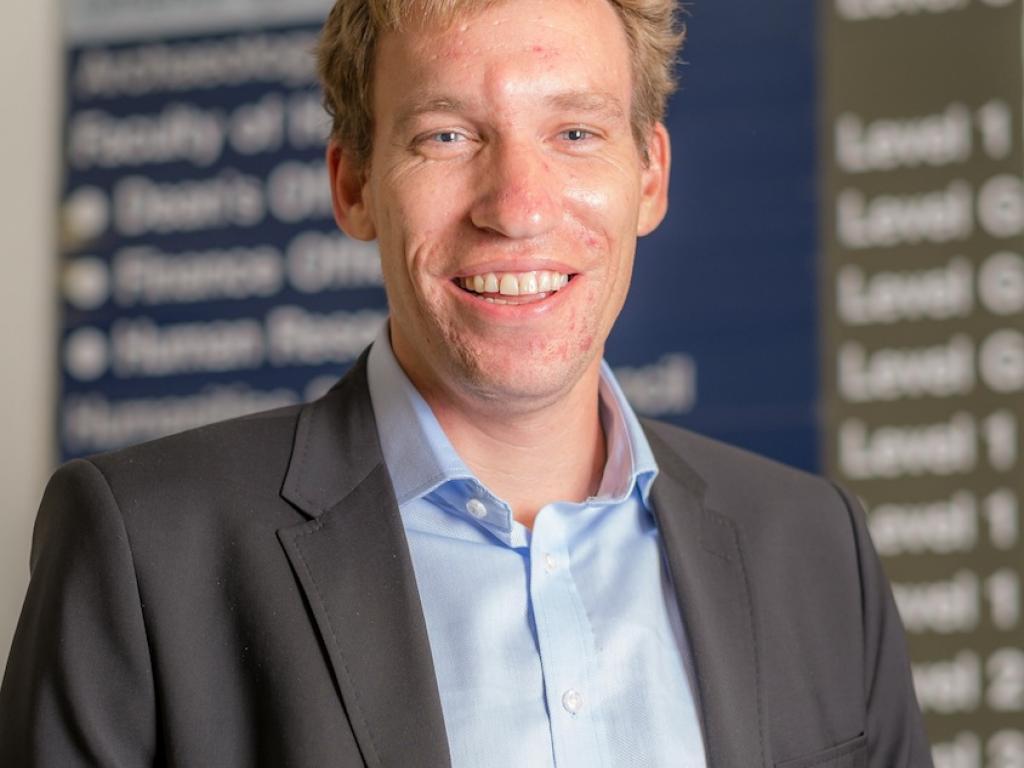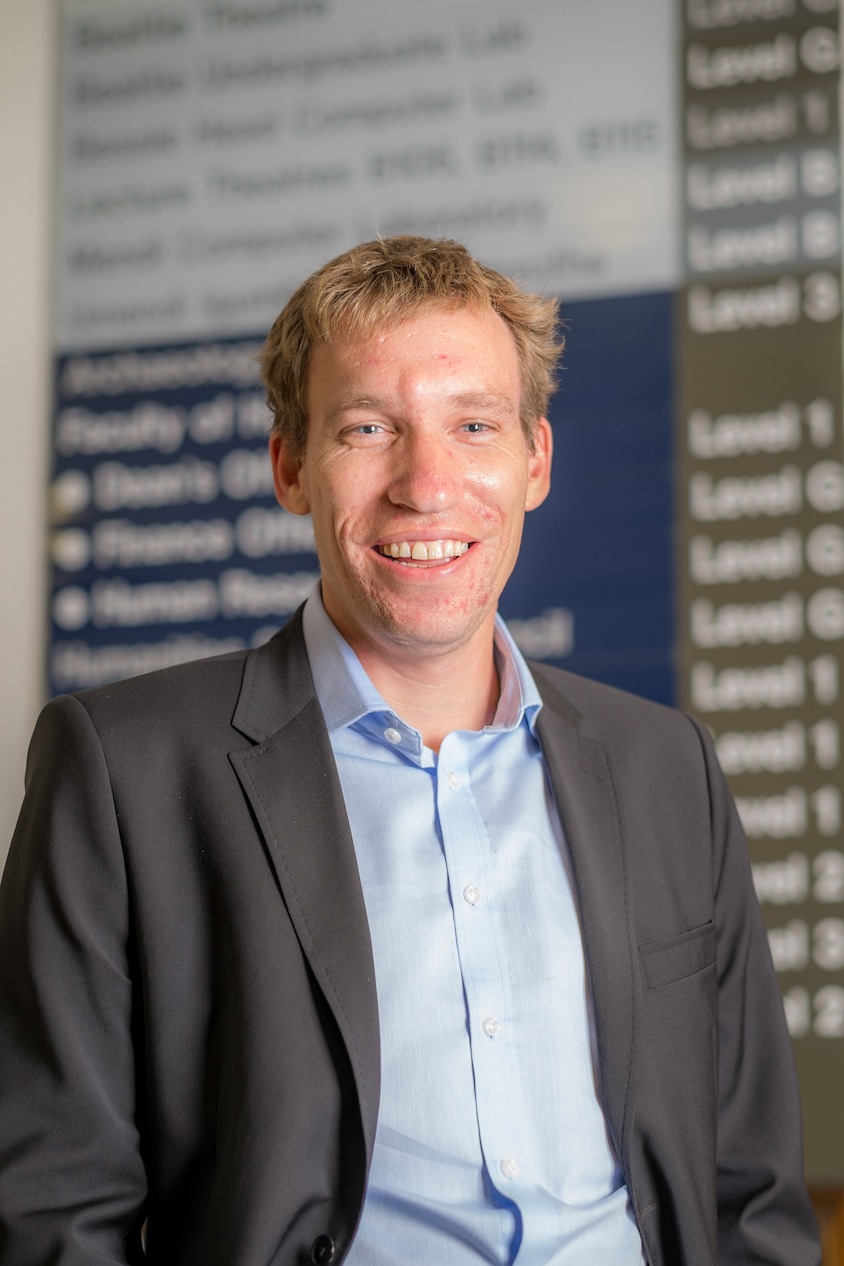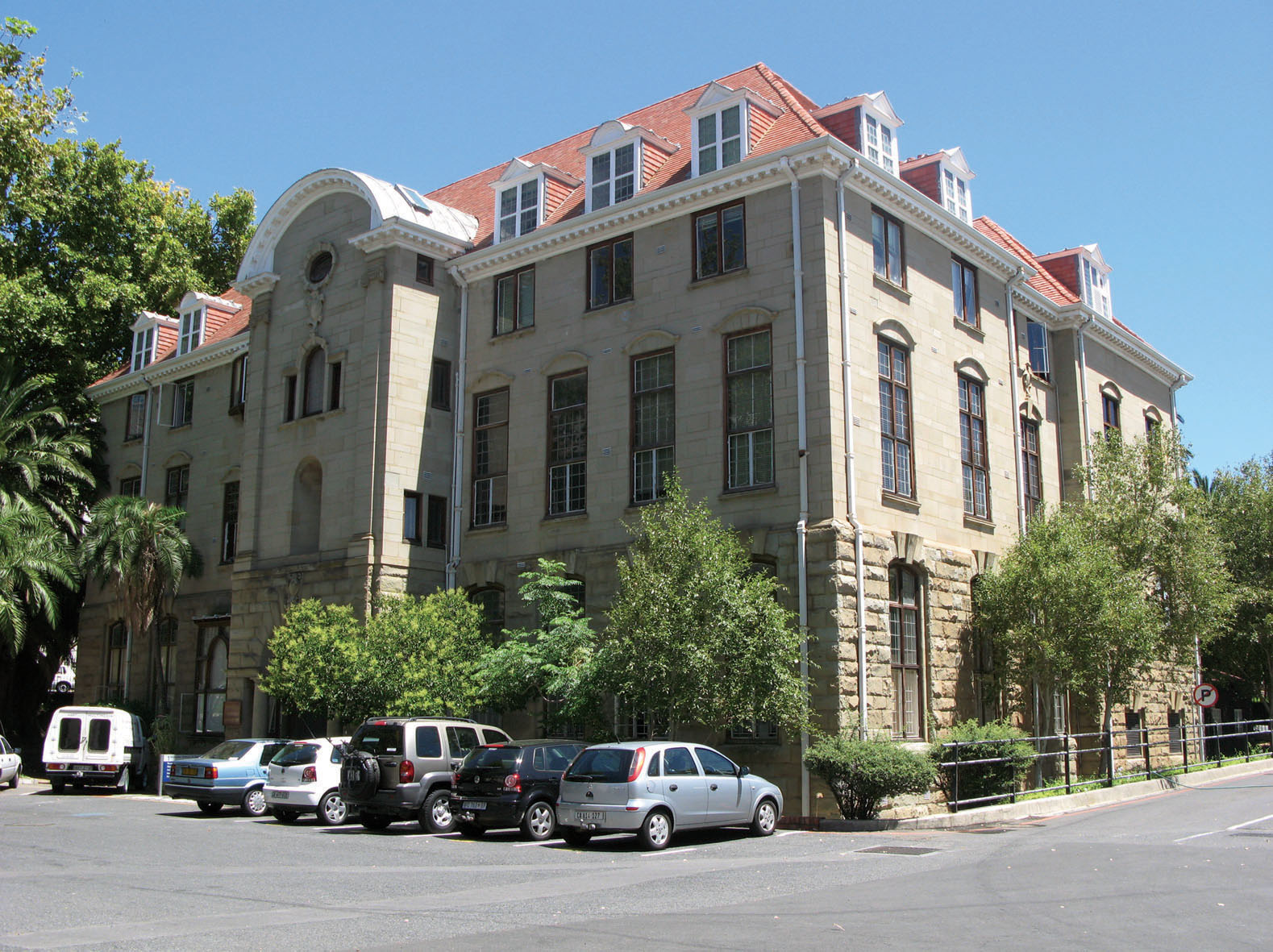Centre to boost internationalisation at UCT


A new Humanities initiative is set to attract a more diverse pool of applicants to the University of Cape Town. later this month, the UCT English Language Centre will open its doors to the first cohort of students from non-English speaking countries, who wish to improve their proficiency in English. The new centre aims to make university entrance more accessible to these students and provide a range of English language teaching services, including courses tailored to the international business community, a largely untapped market. This is one of few language centres located within a South African university and will support the university’s internationalization agenda.
The initiative signals a new approach to English language training at UCT. For the first time, the Humanities will offer a selection of year-round courses in General English (elementary to advanced levels); Business English; and Exam preparation for the IELTS, TOEFL and Cambridge FCE and CAE exams to the international community. In addition, the English for Academic Purposes (EAP) pre-sessional courses, will bridge the gap between applicants who need to improve their English skills and the university’s language proficiency entrance requirements. Students who successfully complete the EAP courses may then be eligible for entry into the full degree programmes offered in the Faculty of Humanities. By widening the applicant pool to include more international students, the Faculty aims to not only capitalize on a new revenue stream but also support the booming language school sector in the country. Growth in the language travel sector alone is set to reach 2.5 million students by 2020 and the economic impact estimated at over R2 billion (in 2009).
According to the Dean of Humanities, Professor Sakhela Buhlungu, this is one of the first initiatives undertaken by the Faculty to offer a commercial course to compete on the open market. “This is a key innovation from the Faculty designed to make us more sustainable in the long-term. As state subsidies get smaller, universities need to find ways to put their intellectual assets to work in a way that is more economically viable and this schools is our first step in this direction,” said Buhlungu.

The EAP curriculum will be offered in 8 to 32 week modules, depending on the student’s entry level of English proficiency. Assessment will take the form of coursework and a final exam. General English students will attend between 20 and 30 classes per week as part of a 2 to 48 week programme. All ELC classes will utilize a range of blended learning materials including: audio and video clips, authentic reading texts as well as digital learning resources. Lessons will be based on real-life themes and concepts to help students engage with the language in an exciting and relevant way. Progress will be continually monitored and students will be required to attend individual tutorial sessions in order to review their work and modify learning techniques. In order to help them acclimatize to the city and to campus life, the centre will host student social events and, facilitate networking with other UCT student groups.
Principal of the centre, Simon Harrison has worked in the sector for fifteen years as a teacher, teacher trainer and business consultant in the UK, Brazil, Spain and South Africa. He says that although the new school will be competing with other more established centres in South Africa, the key differentiator lies in the ELC’s unique pedagogy and, the opportunity for students to be part of UCT’s academic community. “Ours is a different, more compelling proposition,” says Harrison. “We offer international students the chance to experience South Africa’s warm hospitality whilst acquiring knowledge at Africa’s leading academic institution. We guarantee a learner-centred teaching approach focusing on individual needs, ongoing mentorship and support. We know that our students will be stimulated and engaged in small, multilingual classes facilitated by the best teaching professionals in the industry,“ says Harrison.
Prospective students can now apply directly to the UCT English Language Centre online and process fee payments via an e-commerce enabled website. Classes commence on 16 November 2015. For more information, visit the ELC website and, watch the promotional video on the Faculty of Humanities YouTube site...